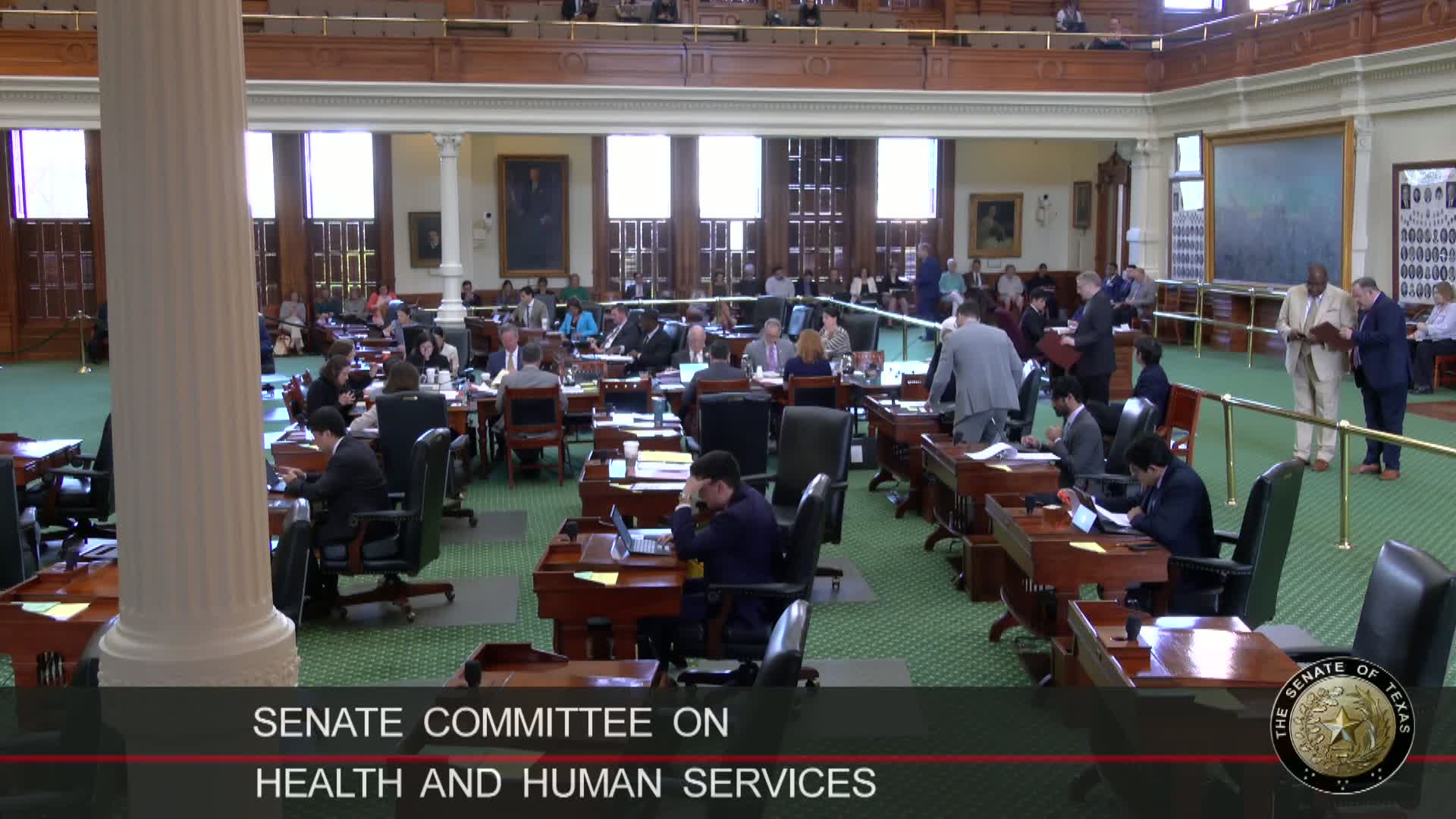Article not found
This article is no longer available. But don't worry—we've gathered other articles that discuss the same topic.
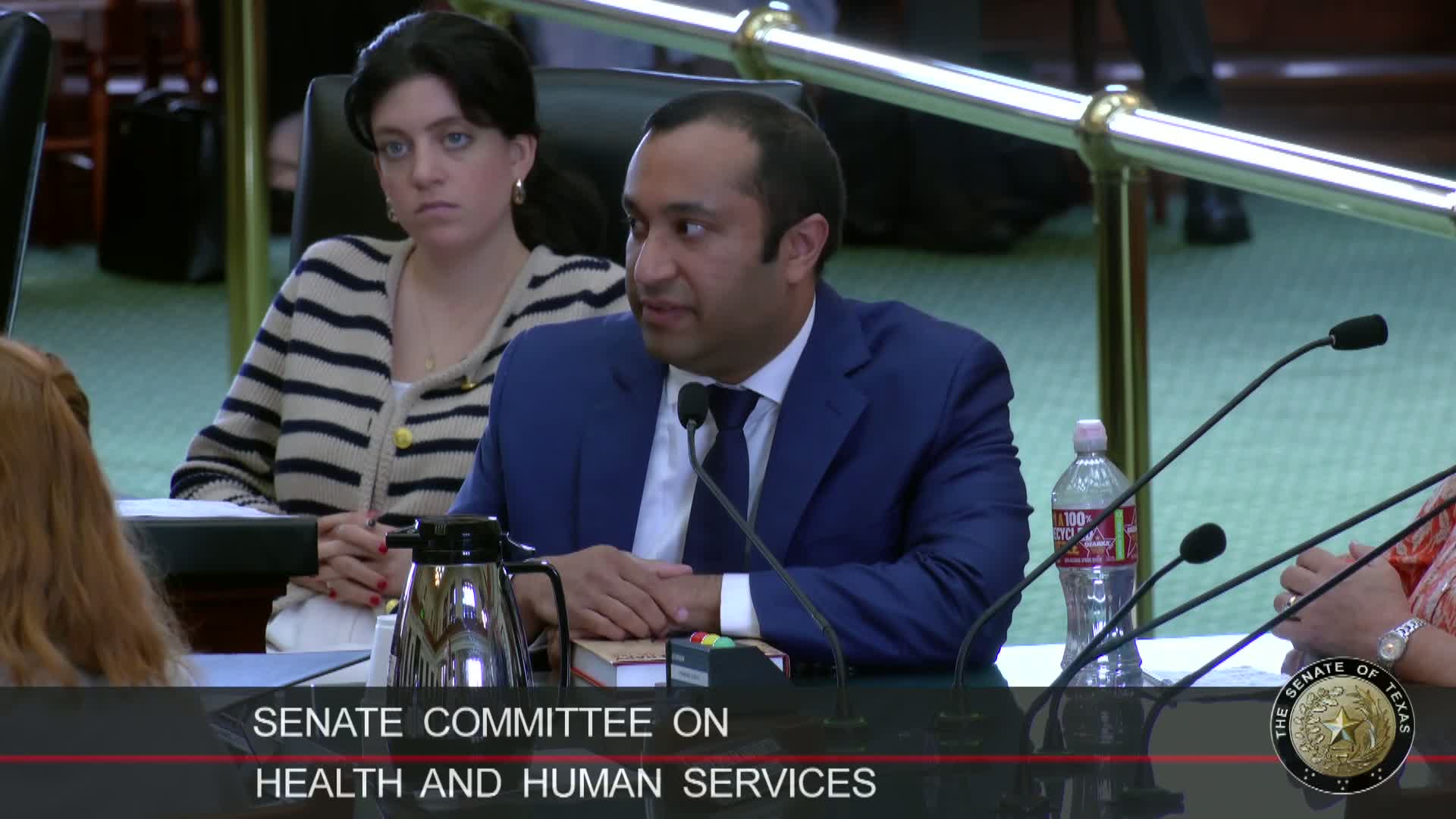
Senate committee hears bill to limit extra requirements by contractors on kinship caregivers
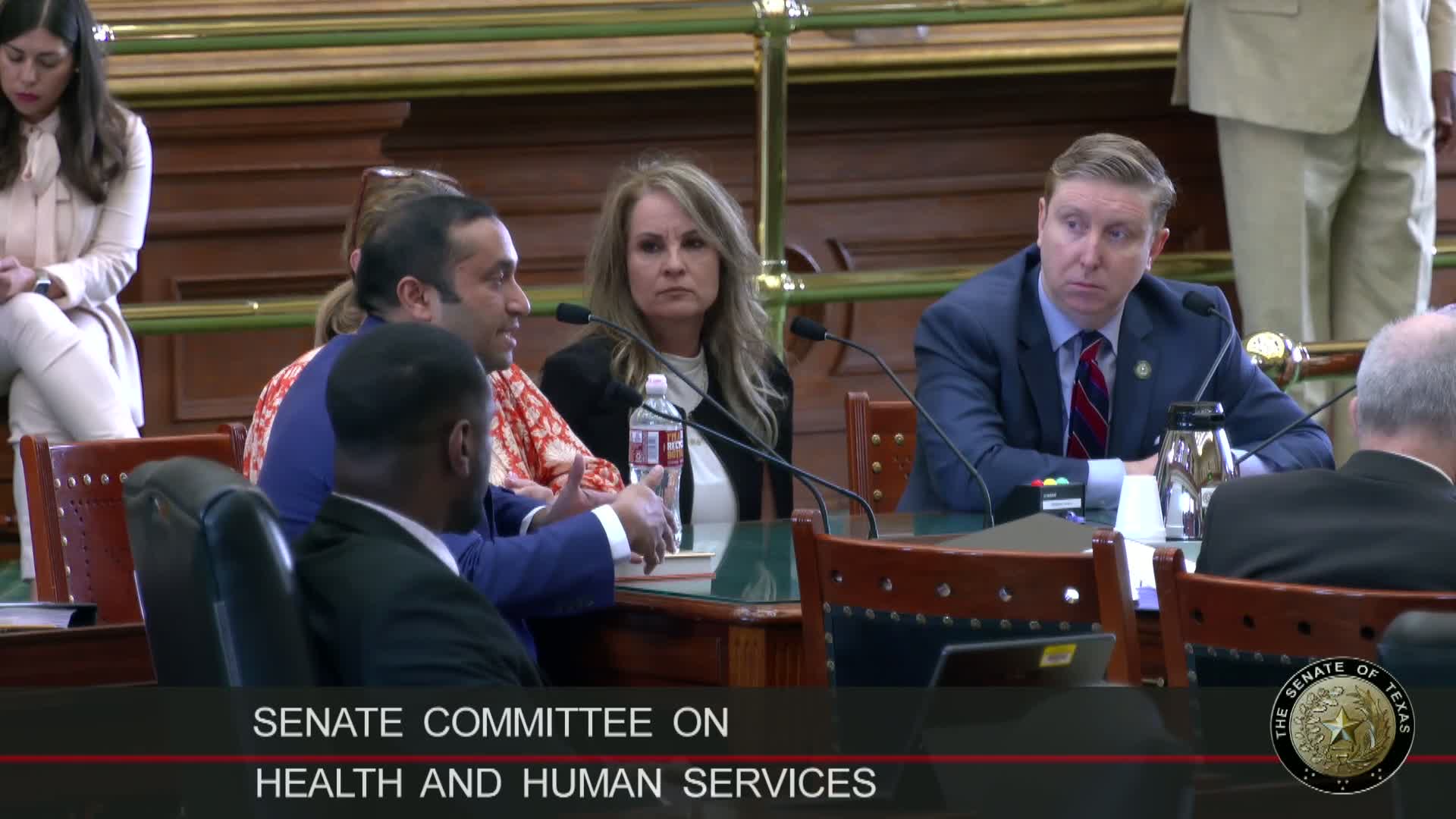
Bill creates temporary commission to study laws and policies affecting marriage and family formation
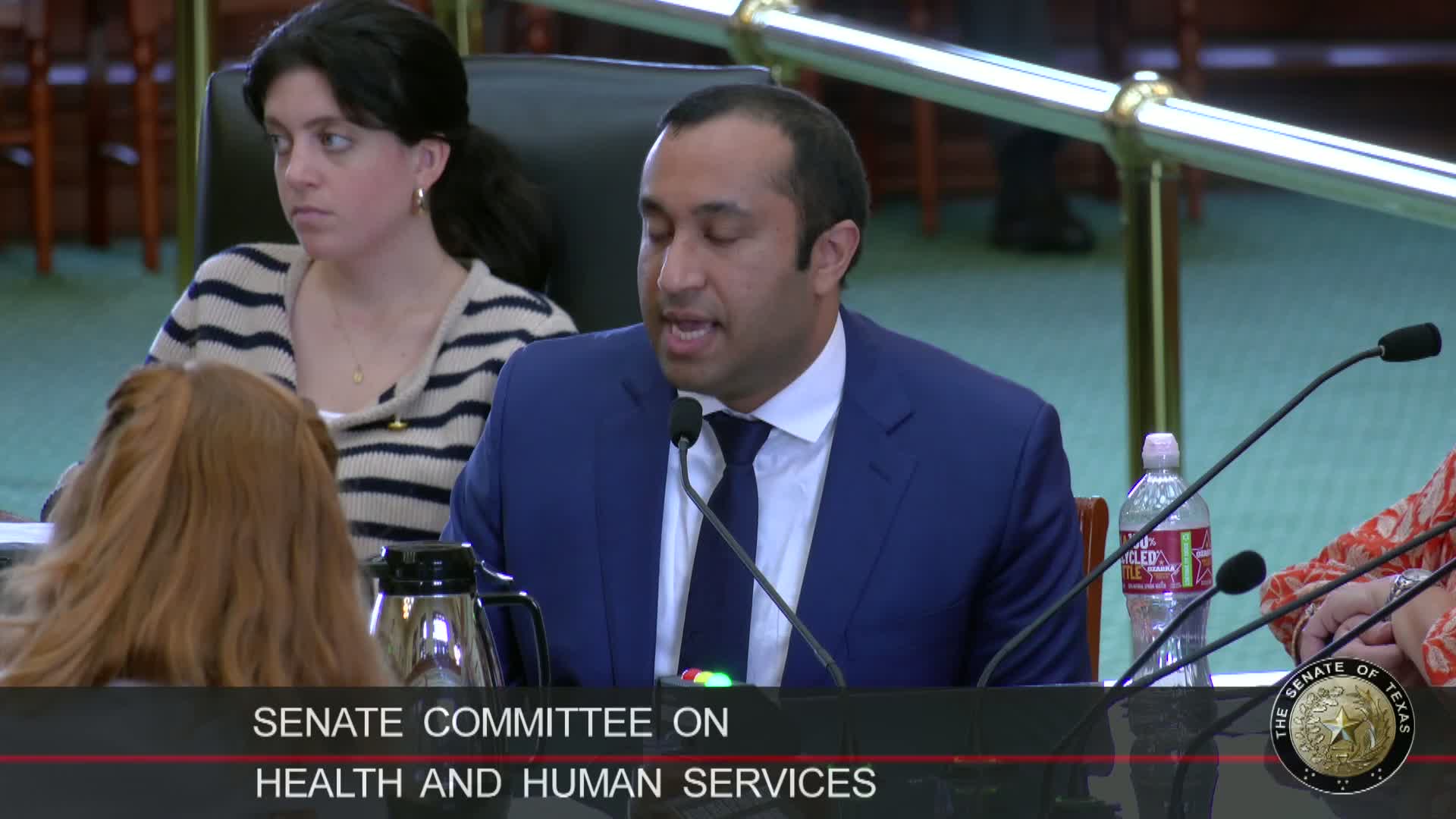
Bill would require hospitals and providers be informed that newborns may use mother's Medicaid ID until enrollment completes
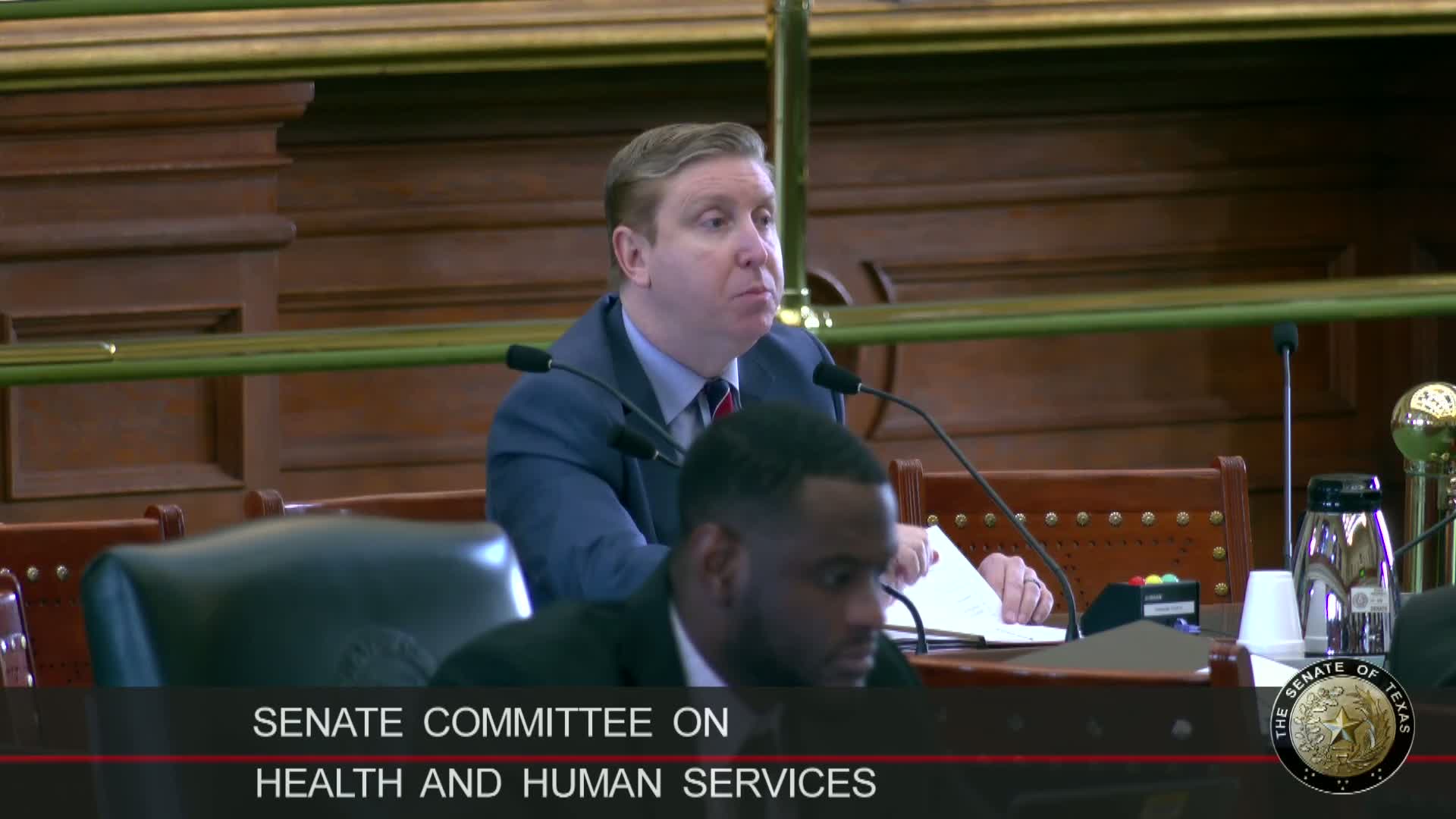
Senate committee backs expanding settings for investigational adult stem-cell treatment with safeguards
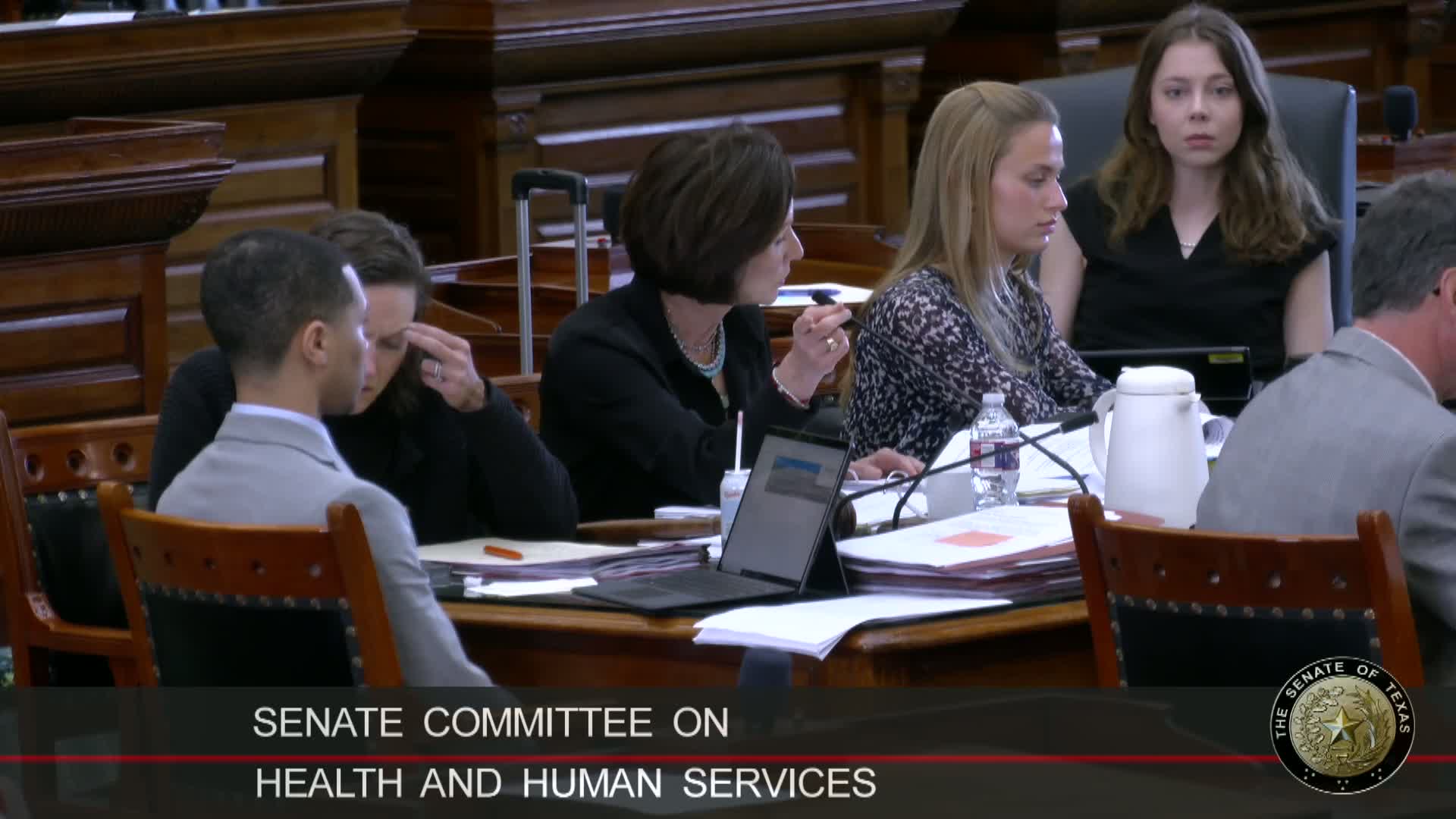
Lawmakers back bill to integrate early-childhood data across agencies for planning and accountability
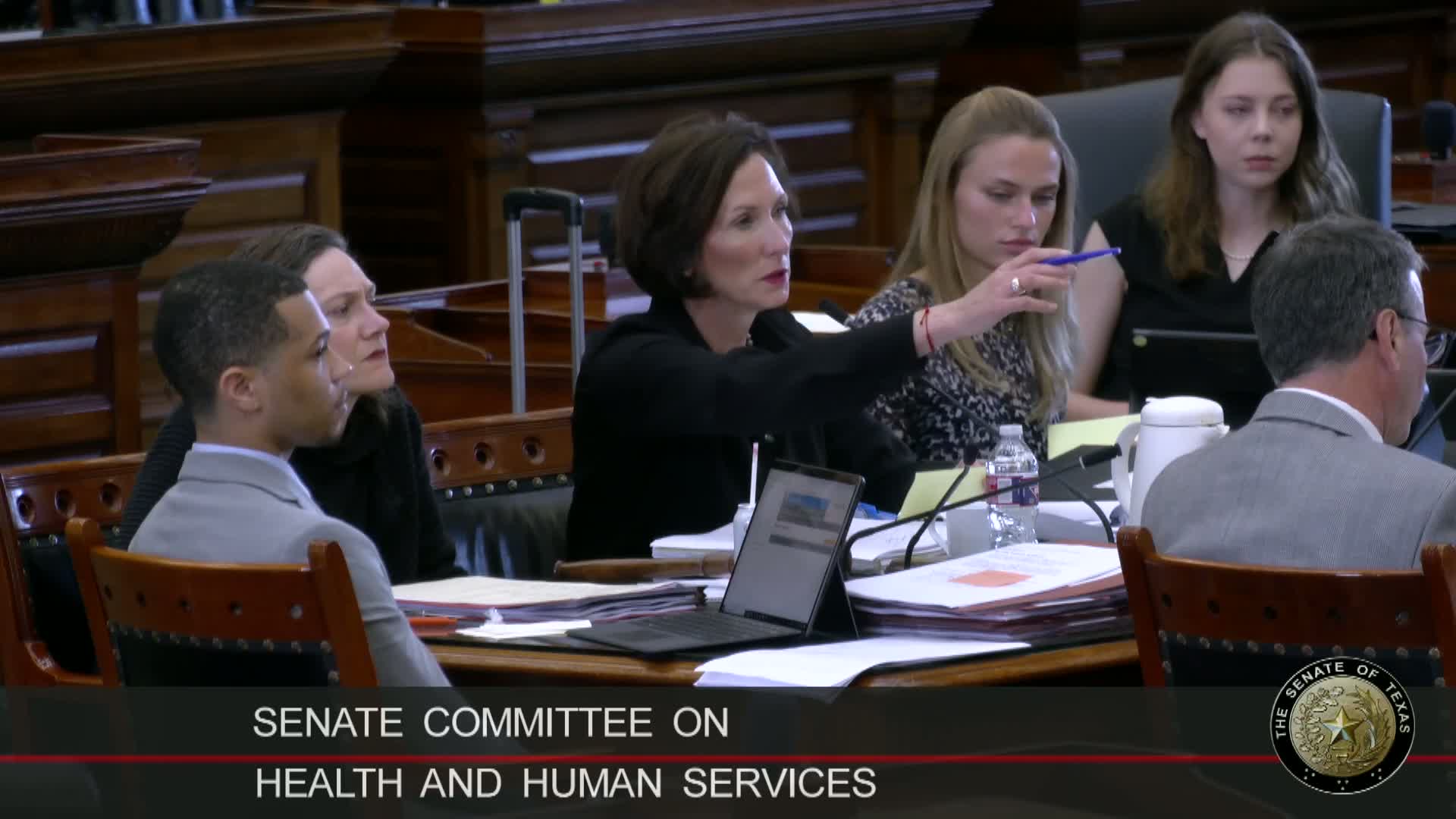
Senate committee considers bill to limit delegation of elective IV therapy after med-spa death
